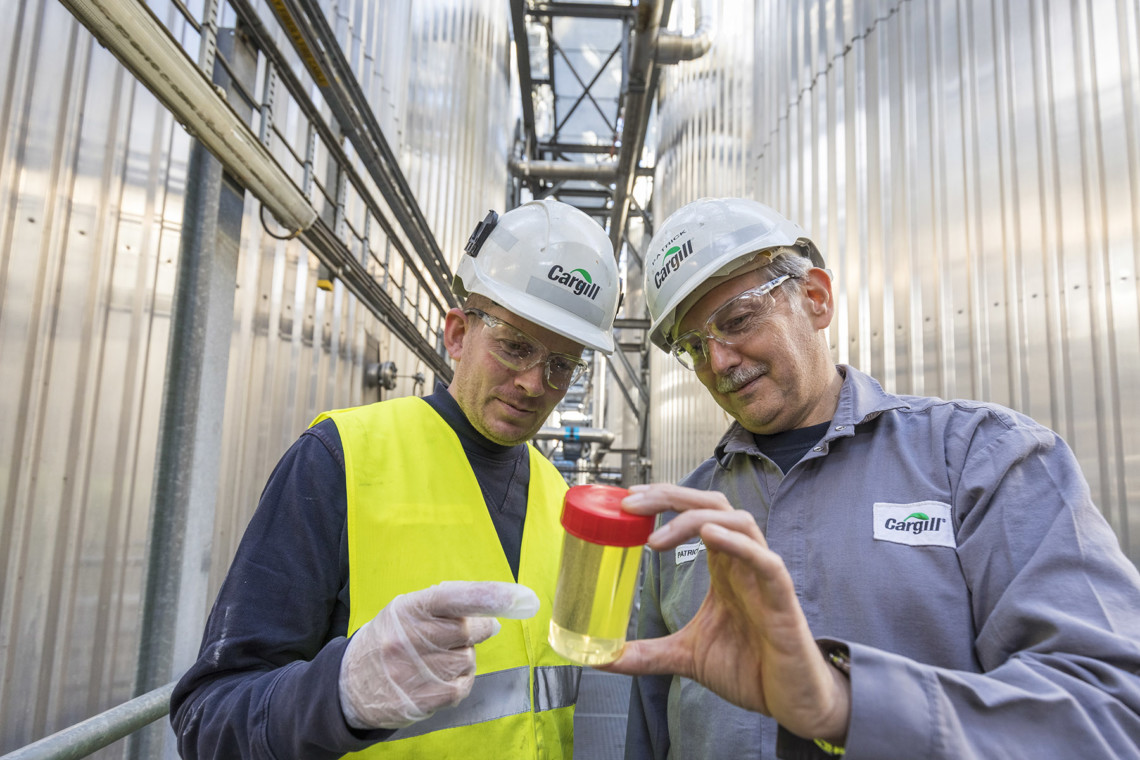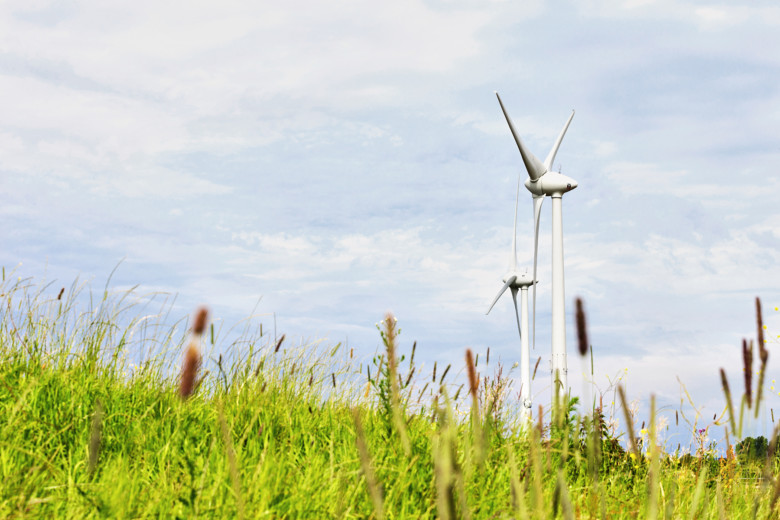
To reach the EU Green Deal and Sustainable and Smart Mobility Strategy climate targets, emissions from the transport sector must get on a clear downward trend. The EU transport sector has the lowest penetration of renewables in its energy mix and there is a need to step up efforts to decarbonise the transport system while ensuring a smooth and cost-effective transition for all.
To support this ambition and in a move to further strengthen its commitment to mitigate climate change and deliver a more circular economy, Cargill is investing in a new waste- and residues-based biodiesel plant at its biodiesel site in Ghent, Belgium. The $150 million project helps meet global renewable energy demand while protecting natural resources. The plant will use the very latest technology of BDI-BioEnergy International GmbH that enables the processing of all types of liquid waste oils and fats, including by-products from food processing, waste from the food industry, and non-food crops grown on marginal land. It will be the first in Europe that is capable of processing all kinds of feedstocks including acid oils from vegetable oil refining, liquid residues from industrial processes, and even the fat recovered from sewage sludge from local municipalities. These can then be used in the production of high blend fuel solutions for trucks, or significantly reduced carbon marine fuel for shipping, bringing major benefits for citizens, communities and the environment.
The new plant will have a biodiesel production capacity of 115,000 metric tons per year. Construction commenced October 2020, with the plant due to open in June 2022. The new facility will create around 20 new direct jobs and an additional 60 indirect jobs in the Ghent community.
Cargill is a member of the global renowned Ellen MacArthur Foundation, standing alongside other companies, governments and academic institutions to promote and accelerate a circular economy, a vision and approach that focuses on reusing rather than discarding materials.
About Cargill
Cargill’s team of 155,000 professionals in 70 countries draws together the worlds of food, agriculture, nutrition and risk management. For more than 155 years, Cargill has helped farmers grow more, connecting them to broader markets. Cargill is continuously developing products that give consumers just what they are seeking, advancing nutrition, food safety and sustainability. And Cargill helps all of its partners innovate and manage risk, so they can nourish the world again tomorrow.
- Read more on Cargill’s commitments to reduce emissions across its supply chain
- Read more about Cargill’s ‘Beef Up Sustainability’ programme
- Read more about Cargill’s ‘SeaFurther’ programme
- Read more about Cargill’s innovations in plant-based foods
- Visit Sustainability and Corporate responsibility at Cargill | Cargill for more information


















































